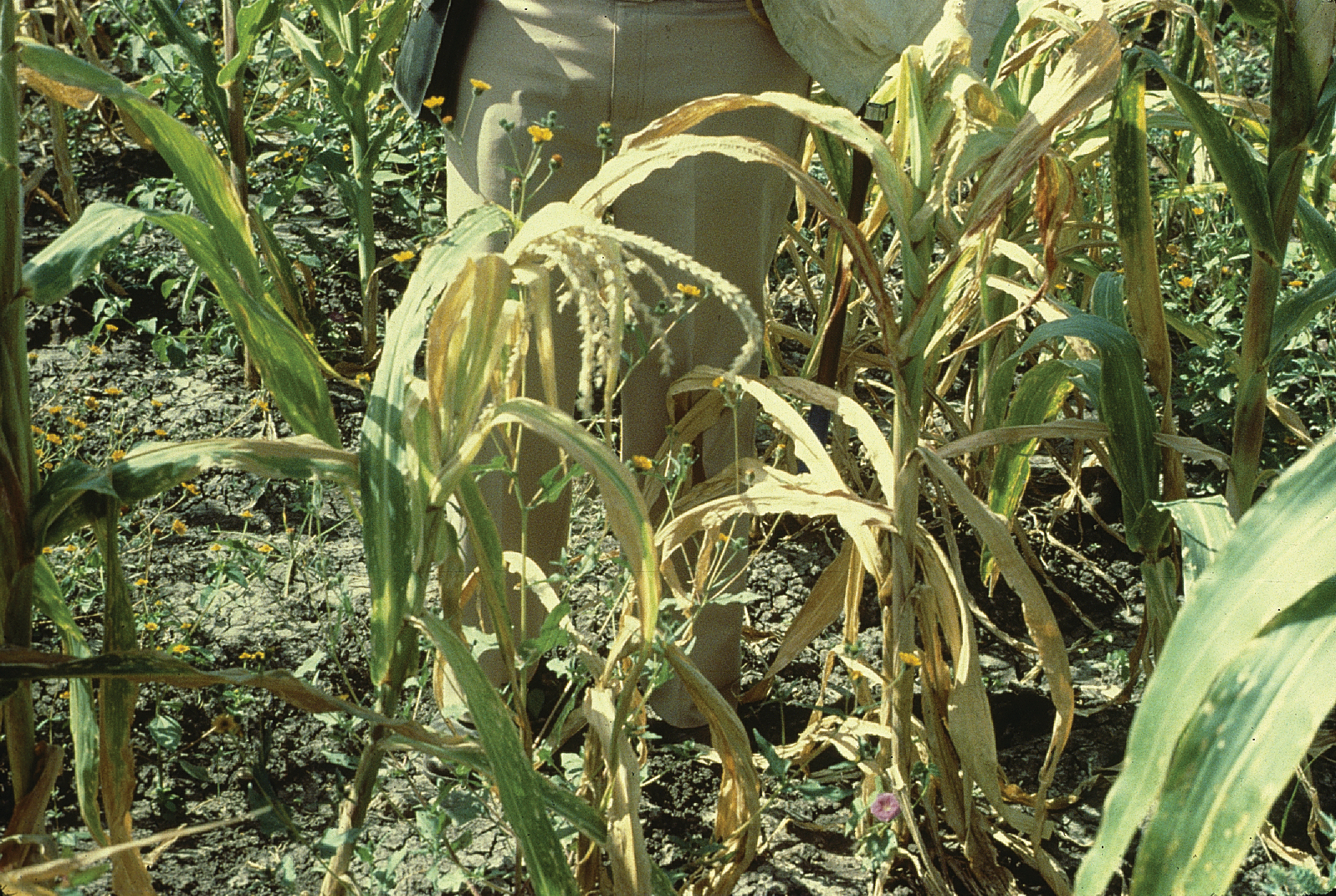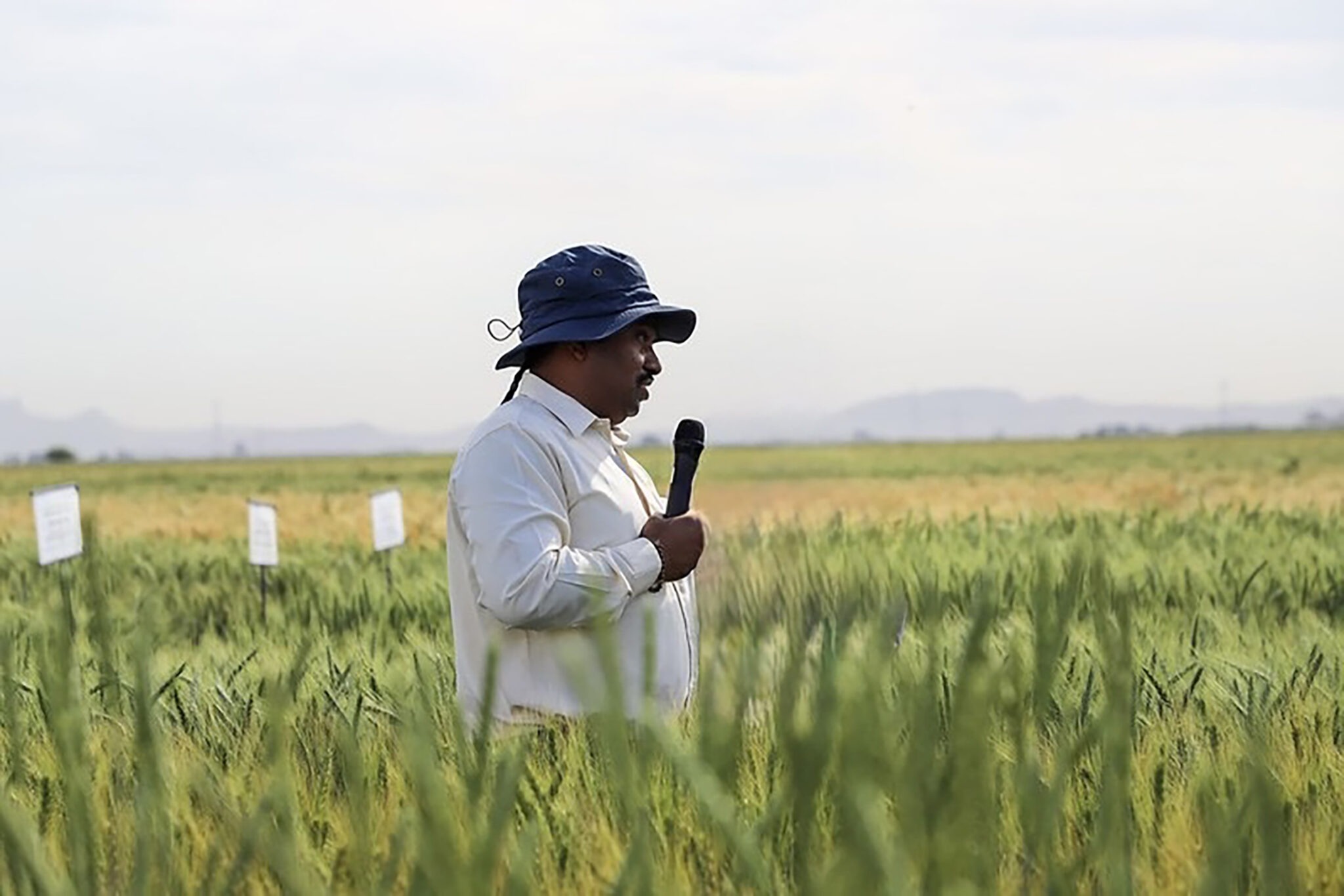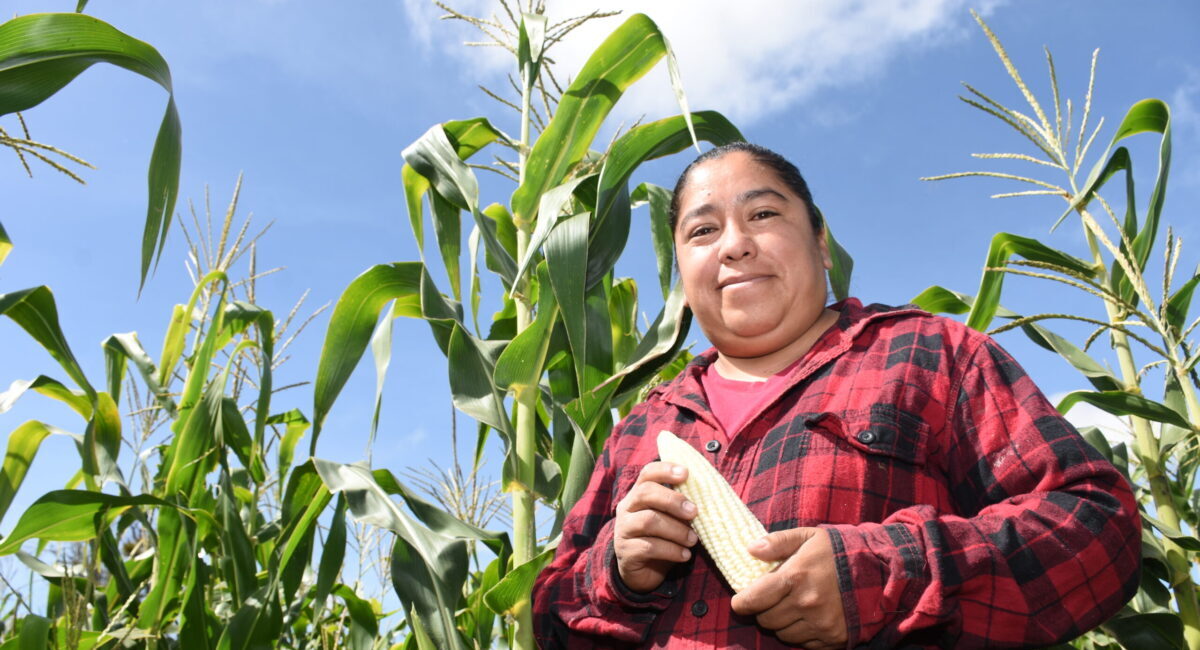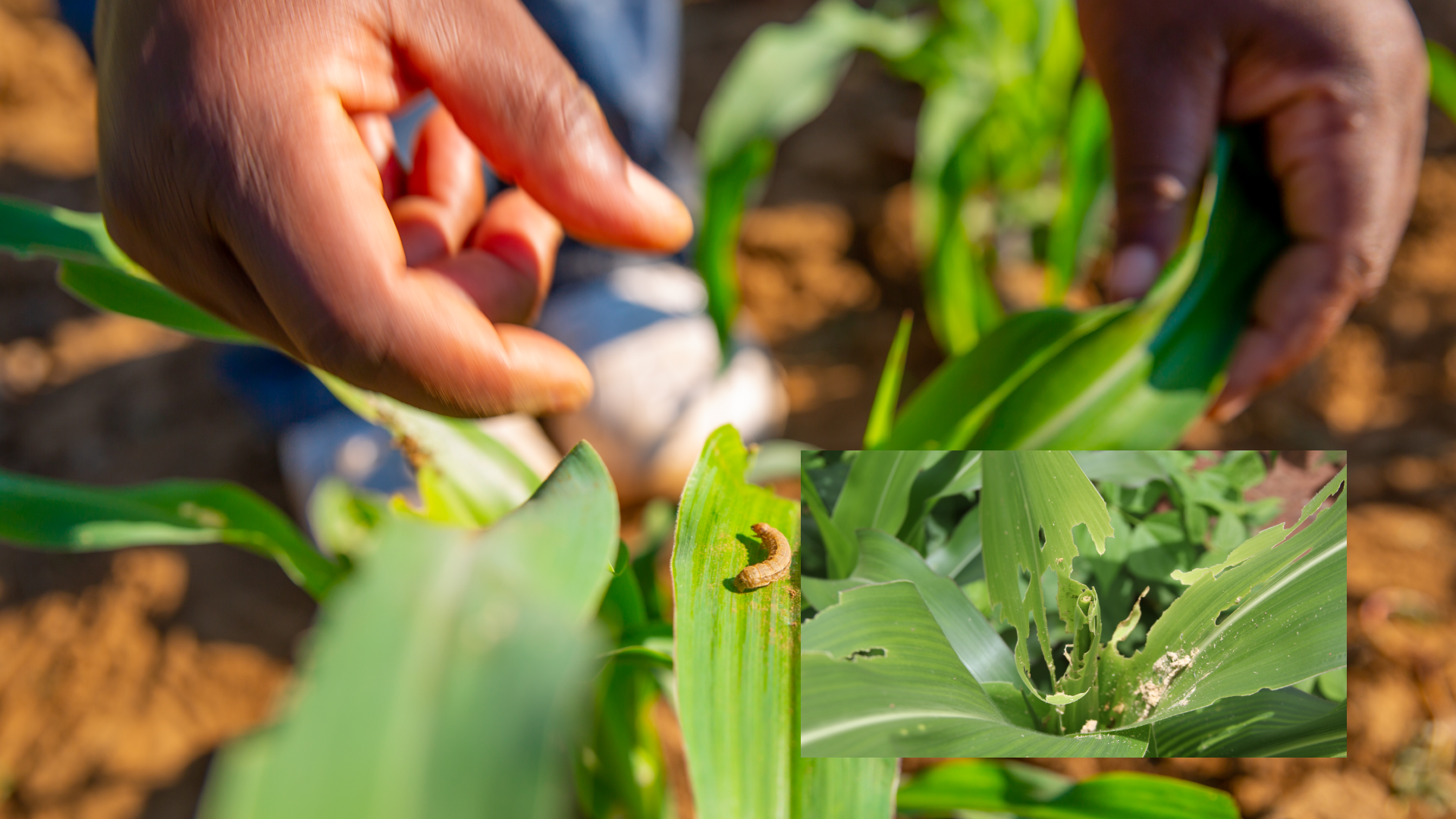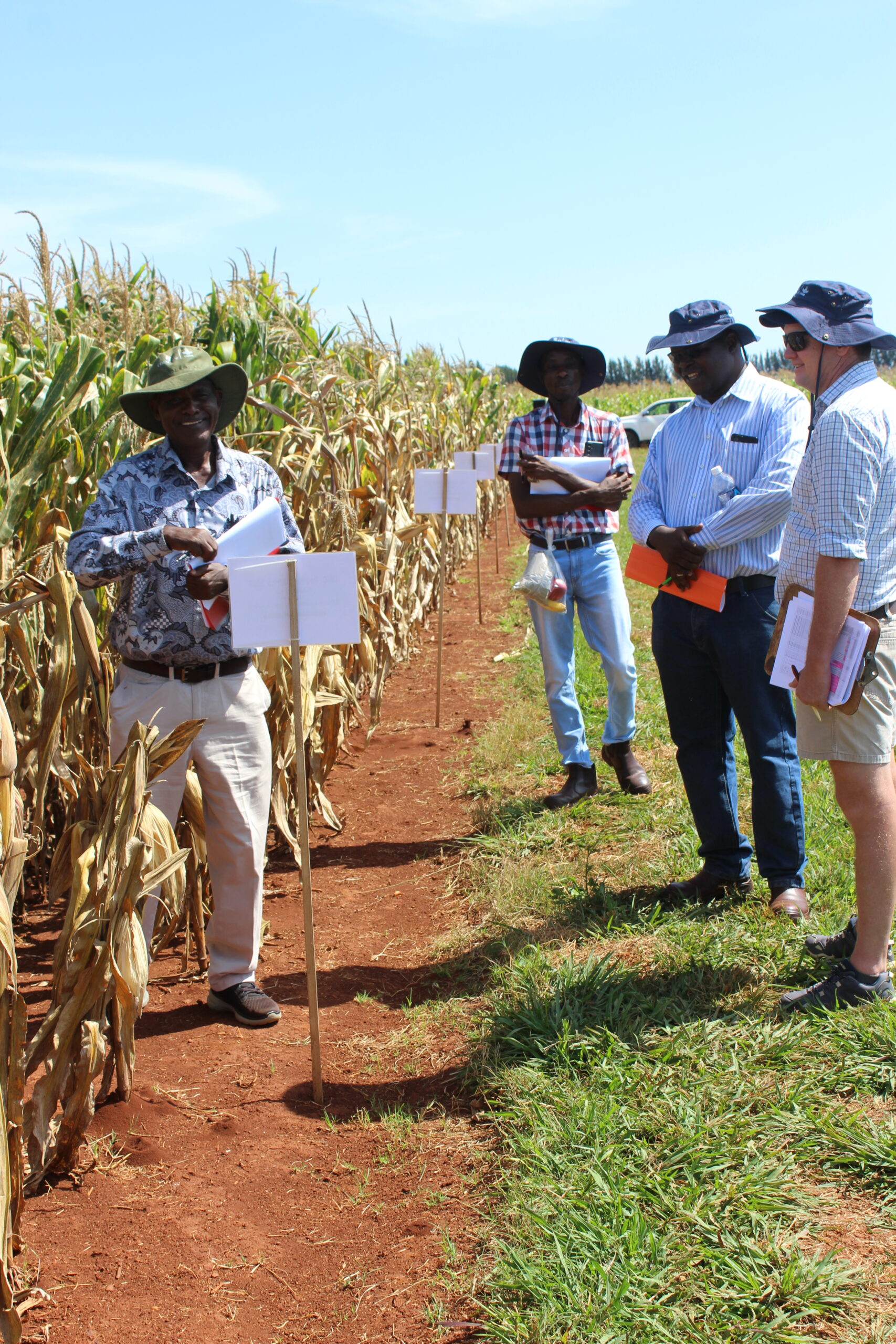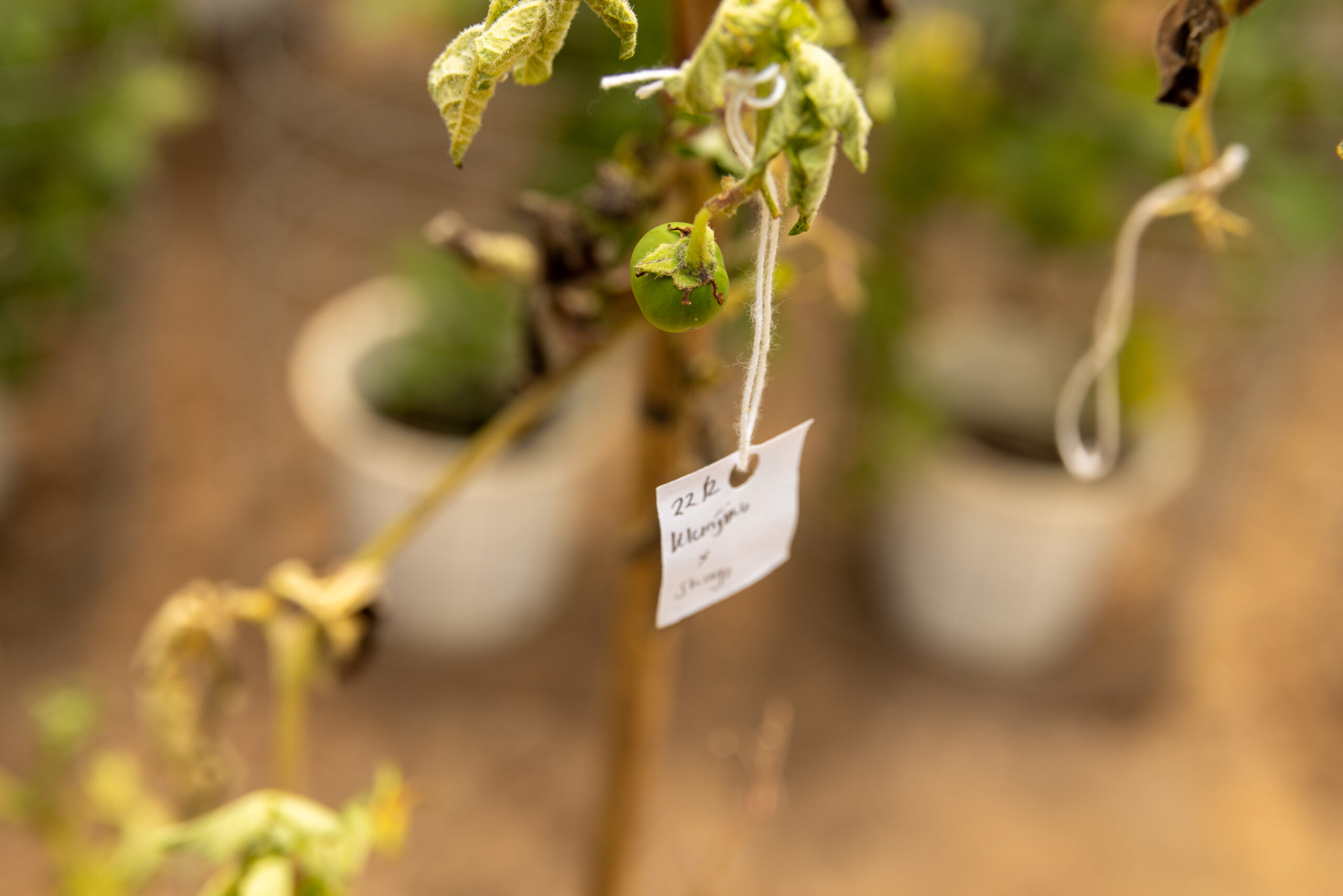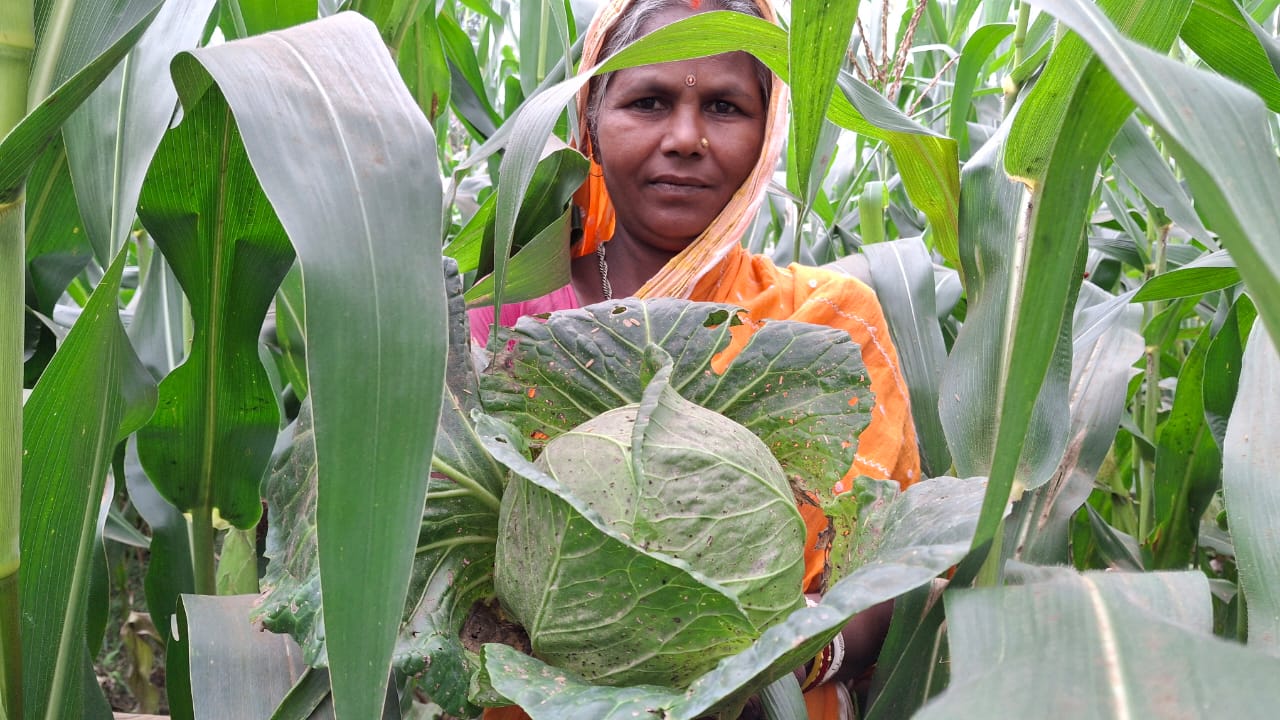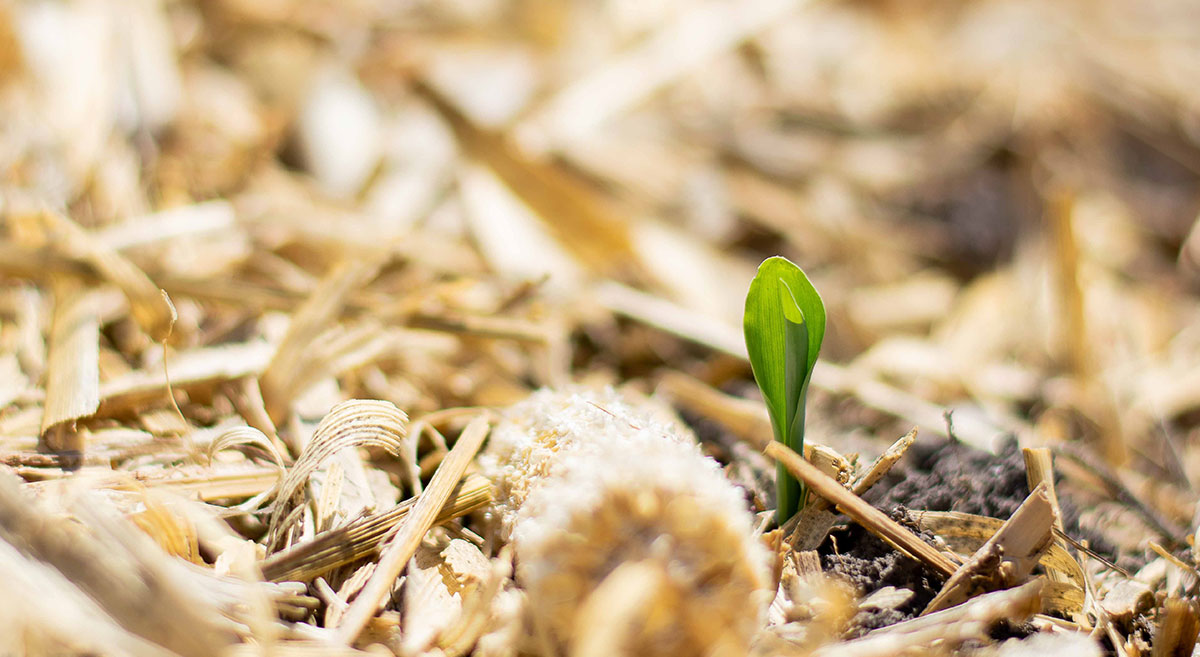Nutrition, health and food security
As staple foods, maize and wheat provide vital nutrients and health benefits, making up close to two-thirds of the world’s food energy intake, and contributing 55 to 70 percent of the total calories in the diets of people living in developing countries, according to the U.N. Food and Agriculture Organization. CIMMYT scientists tackle food insecurity through improved nutrient-rich, high-yielding varieties and sustainable agronomic practices, ensuring that those who most depend on agriculture have enough to make a living and feed their families. The U.N. projects that the global population will increase to more than 9 billion people by 2050, which means that the successes and failures of wheat and maize farmers will continue to have a crucial impact on food security. Findings by the Intergovernmental Panel on Climate Change, which show heat waves could occur more often and mean global surface temperatures could rise by up to 5 degrees Celsius throughout the century, indicate that increasing yield alone will be insufficient to meet future demand for food.
Achieving widespread food and nutritional security for the world’s poorest people is more complex than simply boosting production. Biofortification of maize and wheat helps increase the vitamins and minerals in these key crops. CIMMYT helps families grow and eat provitamin A enriched maize, zinc-enhanced maize and wheat varieties, and quality protein maize. CIMMYT also works on improving food health and safety, by reducing mycotoxin levels in the global food chain. Mycotoxins are produced by fungi that colonize in food crops, and cause health problems or even death in humans or animals. Worldwide, CIMMYT helps train food processors to reduce fungal contamination in maize, and promotes affordable technologies and training to detect mycotoxins and reduce exposure.
Maize Seed Tracker: A Digital Decision Tool for Maize Lethal Necrosis-Free Seed Production
 Capacity development
Capacity development
CIMMYT’s Maize Seed Tracker is helping farmers and partners in Kenya prevent MLN, protect seed quality, and build resilient food systems through real-time, data-driven action
Fungal Resistance in Wheat: Biodiversity & Food Security
 Environmental health and biodiversity
Environmental health and biodiversity
Source: Time News ()
Researchers identified rust-resistant genes in traditional wheat, aided by CIMMYT’s biodiversity efforts
Proudly announcing the 2025 Derek Tribe Award recipient – Velu Govindan
 Capacity development
Capacity development
CIMMYT’s Dr. Velu Govindan wins the 2025 Derek Tribe Award for advancing climate-resilient, nutrient-rich wheat to boost global food security.
Women Who Nourish the Earth: Yuridia Hernández and the Feminine Strength in Sustainable Agriculture
 Environmental health and biodiversity
Environmental health and biodiversity
Yuridia Hernández leads a network of women producers in the Mixteca region of Oaxaca who, like the land they cultivate, regenerate, sustain, and transform their plots through sustainable practices and collective work.
Small grains and new methods bring resilience to Zimbabwean farmers
 Climate adaptation and mitigation
Climate adaptation and mitigation
Source: Development and Cooperation (12 May 2025)
When the worm won’t wait: Battling Fall Armyworm with science, seeds and farmer-led solutions
 Climate adaptation and mitigation
Climate adaptation and mitigation
When the worm won’t wait, farmers fight back—with science in the seed and solutions rooted in the soil.
IMIC-Africa Field Day 2025: Where science meets collaboration to accelerate maize innovation in Africa
 Capacity development
Capacity development
IMIC-Africa Field Day 2025 brought together science, seed innovation, and collaboration across Africa to fast-track resilient, high-yield maize solutions from lab to farm.
How Crops to End Hunger is transforming CGIAR crop breeding from the ground up
 Capacity development
Capacity development
Crops to End Hunger is modernizing CGIAR breeding systems to boost impact, speed, and inclusivity—transforming how we breed for tomorrow.
CIMMYT and WorldVeg Unite for Better Nutrition and Farmer Incomes
 Innovations
Innovations
CIMMYT and the World Vegetable Center (WorldVeg ) accelerated its global partnership by launching a new WorldVeg office in Mexico at CIMMYT’s headquarters. This joint location will provide improved nutrition, soil health and earning potential for global farmers.
New Breakthrough in Wheat Blast Resistance: A Novel Non-2NS QTL Identified
 Climate adaptation and mitigation
Climate adaptation and mitigation
Discovery offers a new avenue for more durable and diversified wheat blast resistance
Nigeria Releases Hybrid Pearl Millet to Boost Nutrition and Climate Resilience
 Climate adaptation and mitigation
Climate adaptation and mitigation
Source: Dailyhunt ()
Nigeria launches biofortified pearl millet varieties with support from CIMMYT and ICRISAT to combat malnutrition and climate challenges in dryland regions
Double the Harvest, Double the Income: Intercropping for Yield, Income and Security
 Climate adaptation and mitigation
Climate adaptation and mitigation
In eastern India, smallholder farmers are transforming agriculture through CIMMYT-led intercropping innovations that boost income, improve nutrition, and build resilience against climate risks
Ethiopia’s Offer to China, Mexico On Agricultural Modernization
 Innovations
Innovations
Source: HCN Times ()
Ethiopia seeks continued support from Mexico through CIMMYT to advance agricultural modernization, including irrigation and durum wheat development
Sugar Signalling Breakthrough Could Increase Wheat Yields by Up to 12%
 Climate adaptation and mitigation
Climate adaptation and mitigation
Source: Bioengineer ()
Field trials led by CIMMYT in Mexico confirmed that T6P spray treatments can consistently boost wheat yields by up to 12%, even under challenging climatic conditions
Caring for the Earth to Secure the Future
 Climate adaptation and mitigation
Climate adaptation and mitigation
In the framework of International Mother Earth Day (April 22), initiatives such as Supporting Responsible Sourcing in Mexico highlight the importance of redefining our relationship with the Earth and offer options to establish a more harmonious connection with nature
